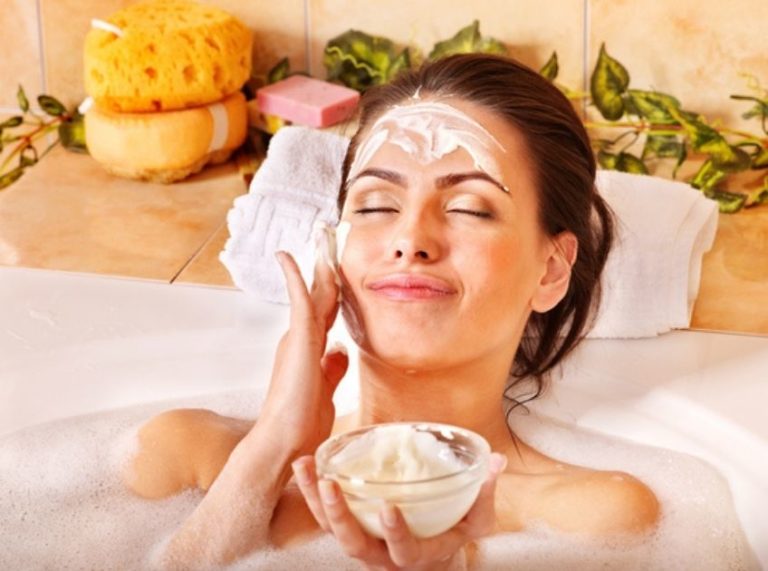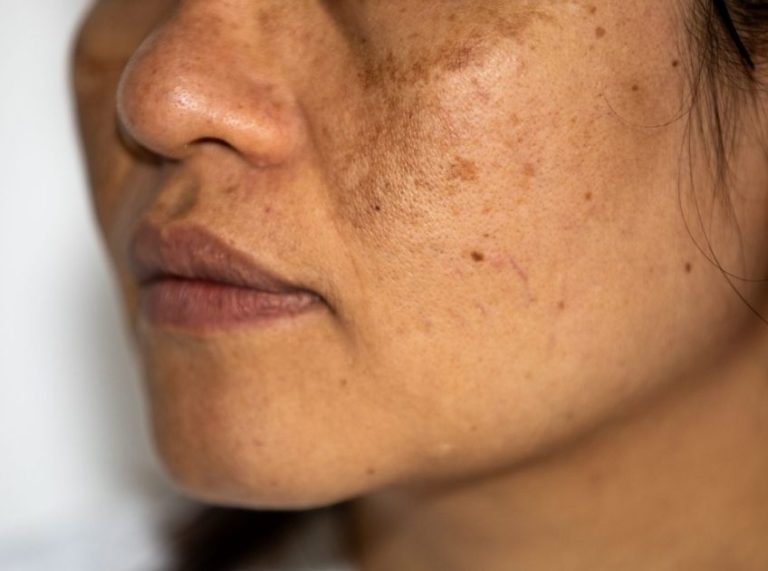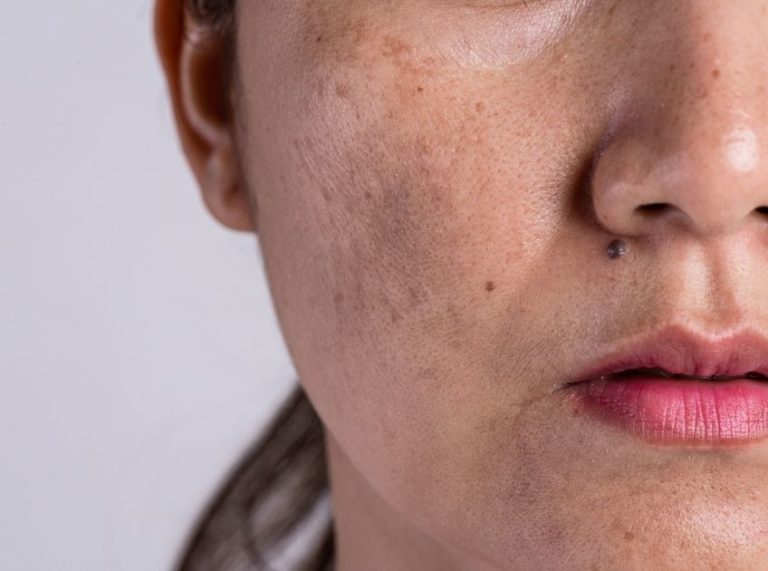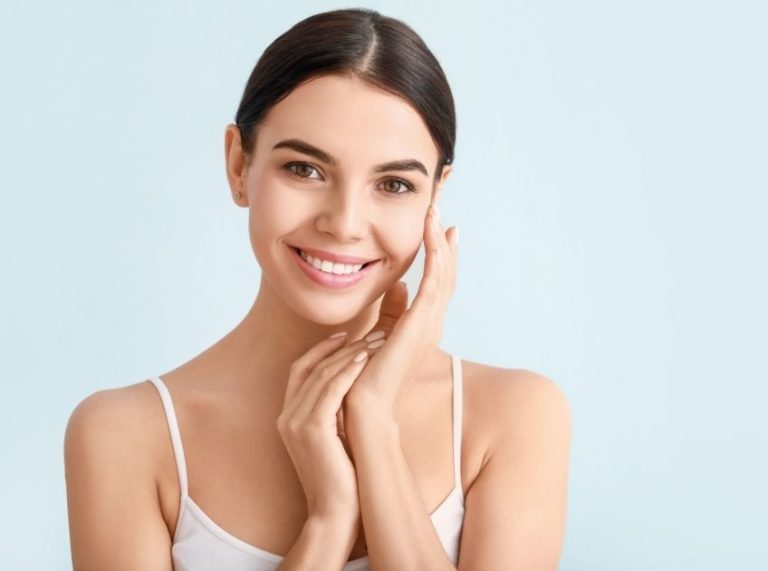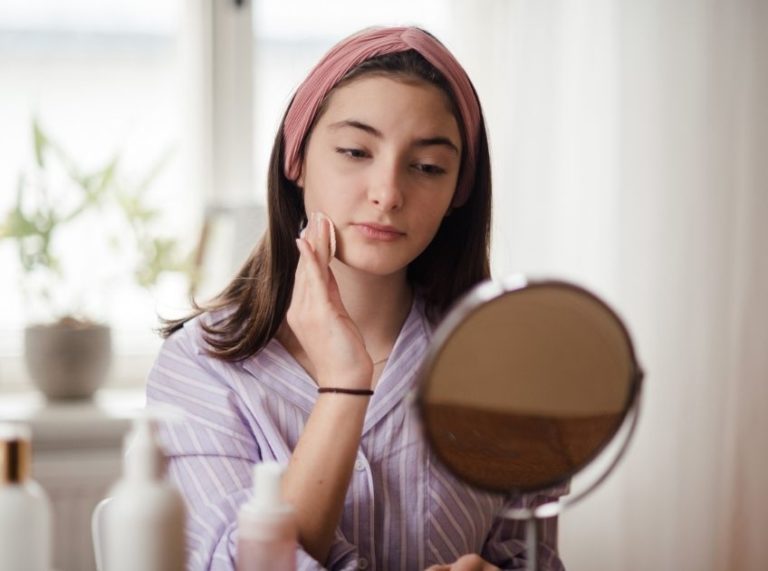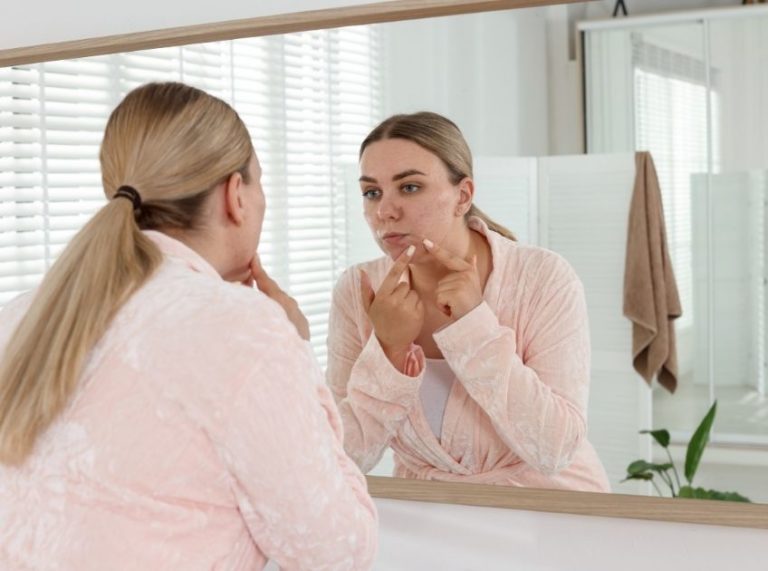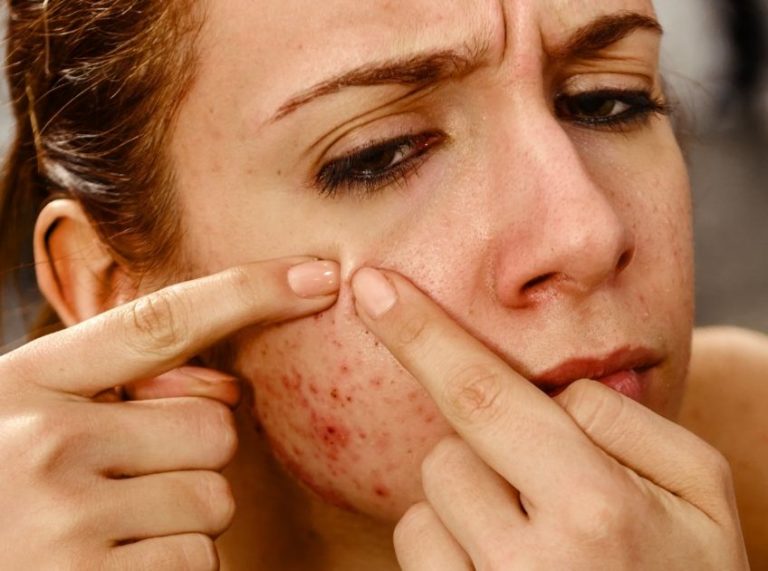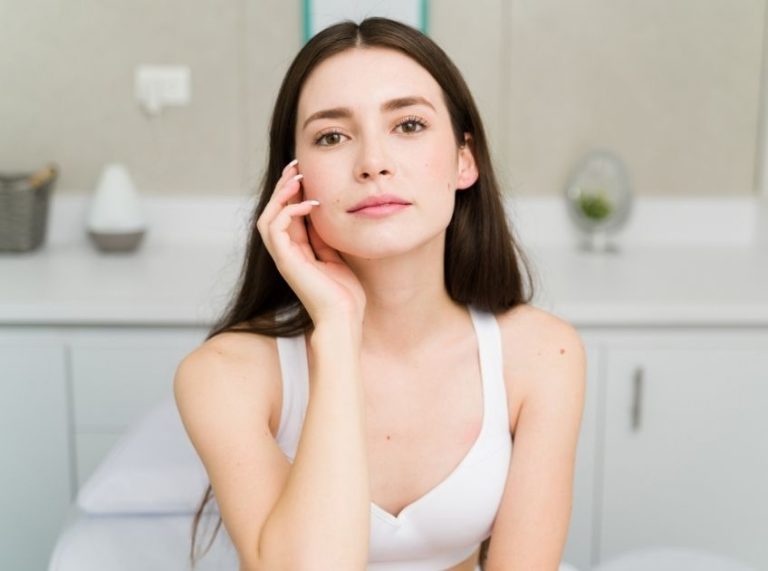
Important: This article is for informational purposes only. Please read our full disclaimer for more details.
Blackheads are a type of acne in which oil or sebum combines with dead skin, forming a plug that clogs the pores. They are dark lesions that appear on the surface of the skin. Some blackheads are more profound under the skin than others and more complex to remove. Plenty of options, such as topical treatments, can be effective in getting rid of deep blackheads.
Blackheads are non-inflammatory acne and don’t have any bacterial cause. They are considered to be mild and minor acne and are faced by many people. Usually, they appear on the face but can appear on the neck, chest, arms, shoulders, and other body parts. People are pretty depressed with these kinds of skin issues. Understandably, no one is happy with acne and pimples on their skin.
However, the good news is blackheads can be treated at home or with certain topical treatments.
What Causes Blackheads?
Blackheads are the result of the opening of the hair follicle in the skin getting clogged or plugged. A follicle contains a single hair, and the sebaceous gland is responsible for producing oil (1). The oil produced is known as sebum and is vital in keeping the skin soft.
A single comedonal lesion called comedo is a bump produced by the dead skin, and oil gathers in the opening of the skin follicle. If the overlying skin over the bump remains closed, it forms a whitehead, and if the skin of the bump opens up, then the exposure to the air causes it to look black, forming a blackhead.
Various factors may increase the chance of developing blackheads. These are:
- 1. Excessive oil production.
- 2. Build up of Propionibacterium acne bacteria (2).
- 3. Irritation of the hair follicle by irregular shedding of the dead skin.
- 4. Hormonal changes that increase oil production. Teenage females, menstruating women and those taking birth control pills can face this issue.
- 5. Intake of drugs like corticosteroids (3), lithium, or androgens.
For some people, dairy products may cause acne, and consuming carbs that increase blood sugar levels may also increase the chances of blackhead formation.
How To Treat Blackheads?
Blackheads can be treated at home; however, when the condition doesn’t improve with home remedies, heading to the dermatologist is advised.
Home Remedies To Treat Blackheads
Research (4) suggests that specific home remedies are highly effective and treat blackhead for roots. Popular home remedies for blackheads include:
1. Baking Soda
Baking soda, one of the readily available kitchen ingredients can lighten blemishes and fight acne. It is a natural exfoliator that reduces the possibility of irritation and infection (5). One can try this home remedy to curb blackheads completely.
Make a thin paste of baking soda and water, apply it to the affected area, leave it for 15-20 minutes, and rinse it with water.
2. Green Tea
Green tea is rich in antioxidants. The application of green tea on the face reduces blackheads and impurities (6).
Make a thick paste of dry green tea and water, apply it on the affected areas, leave it for 15 minutes, and wash it off with lukewarm water.
3. Egg whites
Egg white is an excellent remedy because it tightens the pores and reduces sebum production (7).
Take egg white, mix it with honey, and apply the concoction on the face. Wash it off with water when it gets dry. It makes your skin glowing and smooth and removes blackheads as well.
4. Tomatoes
Tomato is one of the most effective solutions to treat blackheads and combat other skin issues. Tomato has vitamin C, which also helps the skin glow and fade the blemishes (8). The acidic property of tomatoes helps to unclog the pores.
Make a pulp out of the tomato and apply it to the face. Wash it off when it is dry.
5. Cinnamon Powder
Cinnamon powder is another readily available ingredient in every house. It tightens the pores and improves the blood circulation. This remedy is so powerful because it not only removes the blackheads but also prevents them as well (9).
Make a paste of cinnamon powder, lemon juice, and a pinch of turmeric. Apply it on the face and leave it for 20 minutes to rest. Rinse it with water when it is dry.
6. Steaming
Steaming is a valuable remedy for skin issues. It opens the pores, allowing easy removal of dirt and sebum (10). Steam twice a week helps to prevent many skin-related problems. Steamer or steam with boiled water both work equally. After steaming, gently rub ice cubes on the face to close the open pores.
Treatments for Blackheads
Many treatment options exist to treat blackheads. Some of the common treatments are the following.
1. Topical Treatment
Dermatologists recommend this acne treatment and for blackhead removal. Material is directly applied to the face or affected areas in this treatment. Some commonly used topical treatments include-
- antibiotics
- azelaic acid
- benzoyl peroxide
- retinoids
- sulfur
- chemical peels, using hydroxy acids
- hydrogen peroxide
- corticosteroids
2. Oral Antibiotic Treatment
Everyone doesn’t respond to topical therapy. If the blackheads are severe and on the part of the body that is hard to reach, these treatments may be less effective or unsuitable. For an alternate solution, professionals may recommend orally administered antibiotics.
3. Manual Removal
Some dermatologists recommend manually extracting especially deep blackheads, which requires specialized extractor tools. People should not attempt extraction at home, as the risk of infection or scarring is high. It is also important to avoid squeezing the skin to remove blackheads, which can damage and worsen its appearance.
How To Prevent Deep-rooted Blackheads
1. Dietary changes– Eating a well-balanced diet is key to healthy skin. Including foods rich in protein, zinc, and antioxidants can keep skin free from major concerns, including blackheads.
2. Stress reduction– Stress is another cause of skin issues as it can trigger hormonal changes and may alter immune response to infections. Thus, keeping stress at bay helps keep blackheads behind the curtain.
3. Skin hygiene– It is the foremost step for clear skin with no skin concerns. Maintaining a regular skincare routine works wonders in getting acne-free, blackheads and blemish-free skin.
4. Adequate sleep– Quality sleep has proven benefits such as collagen production, cellular repair and regeneration, and less stress hormones. At the same time, it ensures smooth and adequate blood flow which keeps skin healthy and free from acne and blackheads.
When To See A Dermatologist
Blackheads can be treated at home. However, in severe cases, they become unmanageable and start affecting a person’s appearance and social life. In such cases, seeking medical health and talking to a dermatologist with expertise in deep-rooted blackhead removal techniques will help.
Blackheads are a common feature of acne, and some can be deeper than others. They are most likely to occur on and around the face, especially around the nose, chin, and forehead. Luckily, they can be treated or prevented with the proper skin routine and hygiene. At the same time, adequate sleep, proper diet, and avoiding unusual stress can control the condition and prevent blackheads from getting worse.
Related Articles
- Best Homemade Egg White Masks for Blackheads
- How to Remove Blackheads with Gelatin
- How to Use Honey for Blackheads Removal?
- How to Use Hydrogen Peroxide to Remove Blackheads?
- How to Get Rid of Blackheads with Oatmeal?
- 10 Best Face Mask For Blackheads
- 7 Best Face Washes For Blackheads
- Blackhead Removal Mask: 7 DIY Recipes & Benefits
- How to Get Rid of Blackheads Fast with Coconut Oil
- Blackheads on Chin – Causes, Facts and Home Remedies
- How to Use Baking Soda for Blackheads?





